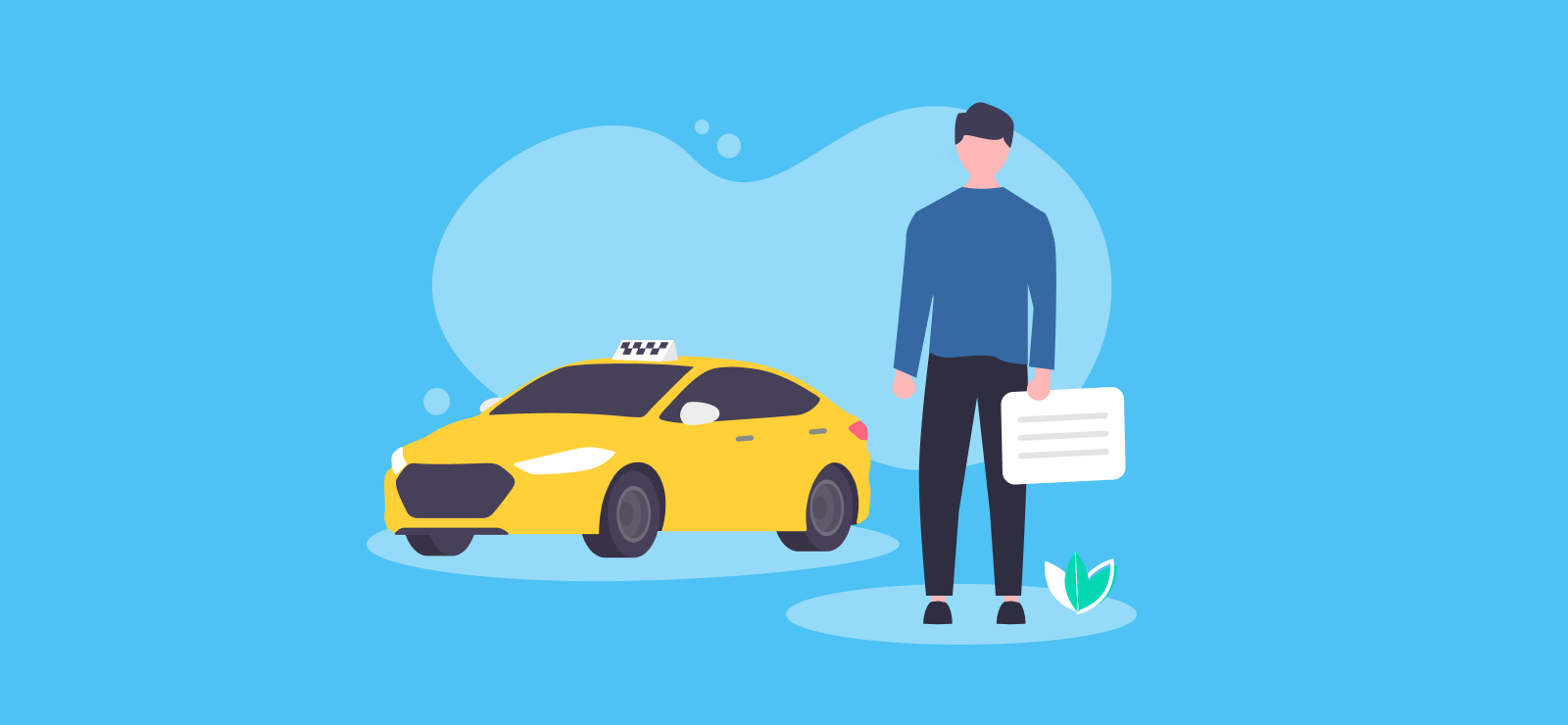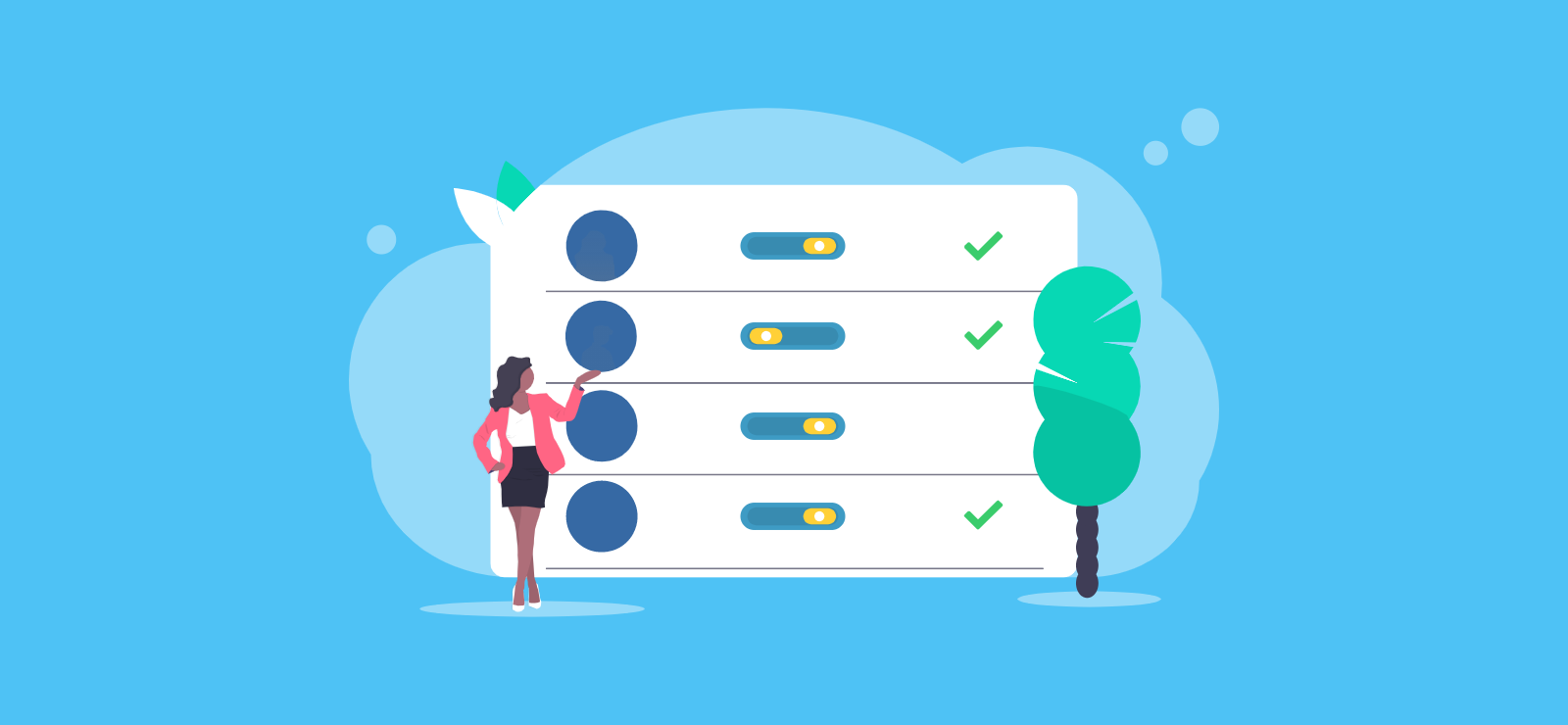

Taxi Drivers and Tax Returns
Whilst taxi drivers might once have worked for a cab firm as traditional employees, these days you’re more likely to operate as a self-employed driver.
This can be great in terms of setting your own hours, but it might also mean you’re feeling confused about how much tax you owe, what type of expenses you can claim, and who you need to tell.
We’re here to help with a straightforward guide on everything you need to know about working as a self-employed taxi driver, so you can relax and focus on the journey ahead.
Do taxi drivers have to pay tax?
In short, yes. Everyone in the UK must pay tax on any income they make over the tax-free personal allowance. The type of tax that you pay, and how you report it, depends on how you register the business.
For example, a taxi driver who registers as a self-employed sole trader will normally need to submit a Self Assessment tax return to tell HMRC about any profits and expenses they have. If you decide to run your taxi business as a limited company, you’ll submit Company Tax Returns for the business, as well as personal tax returns for any income you receive personally. Our online tax calculator will help you compare your estimated tax bill for either option.
Will HMRC know if I work as a taxi driver?
Some platforms, such as Uber, are required to collect information about what you earn from fares booked through them, and report this to HMRC each year. You’ll be given a copy of the details they send to HMRC, so double-check it’s accurate!
Do I need to register as self-employed if I’m a taxi driver?
The process to apply for or renew a taxi licence includes a tax check, which shows that you’re registered for tax if you need to be. The tax check service is available online, and you’ll need the confirmation reference as part of your licence application or renewal.
The good news is that setting up your business makes you your own boss, giving you complete freedom! The not so good news (although it isn’t bad once you get the hang of it), is that you’ll need to keep on top of your finances to ensure you pay the correct amount of tax each year.
A lot to take in, we know, but that’s why we’re here! We’ll explain what everything means, and what you need to submit and when, based on how you register your business.
Can I register as a sole trader if I’m a taxi driver?
Most self-employed taxi drivers tend to operate as a sole trader. It’s easy to register, and you’ll be able to make Self Assessment submissions to tell HMRC about the income you earn from driving.
How do I register for Self Assessment?
You can register for Self Assessment online using your Government Gateway user ID to sign in. Don’t panic if you don’t have a Gateway ID, you’ll be able to create one online.
Once you submit your registration for Self Assessment, HMRC will send your Unique Taxpayer Reference number (UTR) through the post within 10 working days.
If you run multiple businesses or have registered as a sole trader in the past, you’ll find your UTR on a previous tax return, letters from HMRC, or by signing into your personal tax account.
If you can’t find it, contact HMRCs Self Assessment Helpline to request it. They should send it to you through the post, which can take around 10 days.
When is my Self Assessment due?
Your Self Assessment is due at the end of January each year, following the end of the tax year that it relates to.
It’s crucial that you submit your Self Assessment on time (or, even better, early!). Leaving it too late could result in HMRC charging penalties and interest on the overdue amount.
We know this is a lot to get your head around, so chat to one of the team for help, or take a look at our Self Assessment guide for more information.
How much tax will I need to pay if I’m a sole trader?
The amount of tax you pay depends on the profits that you make from working as a taxi driver. We emphasise the word profits because rather than paying tax on all of your income, you’ll be taxed on what’s left over once you deduct your personal tax allowance, and any allowable expenses. So make sure you keep good records!
How do I pay myself as a sole trader taxi driver?
As a sole trader there isn’t any legal separation between you and the business, so you can simply keep any profits you make from working as a taxi driver. What you pay yourself is completely up to you, and it’s as simple as drawing the money out of your business account into your personal one.
Can I set up a limited company for my taxi driver business?
Whilst it’s more common for self-employed drivers to operate as a sole trader, there’s nothing stopping you setting up your own limited company. The business will be legally separate to you, so you won’t be able to keep the profits in the same way that a sole trader can.
Instead, you’ll need to pay yourself a salary as a company director, dividends, or a combination of the two. You’ll need to submit a Company Tax Return so the company can pay Corporation Tax, and then you’ll need to submit a Self Assessment return to tell HMRC about any income you take out of the business for yourself.
Road tax
Road tax, or Vehicle Excise Duty (VED) as it’s also known, is paid on all vehicles using public roads. How much your road tax costs largely depends on your car’s emissions, but also considers:
- Your vehicle type
- The engine size
- Registration date
- The type of fuel it uses, such as diesel, petrol, or electricity
These factors also affect the amount of tax relief you can claim against the cost of using a vehicle in your business. You might hear this referred to as ‘claiming expenses’, although you won’t actually be able to claim those costs back. Instead, you can offset these allowable expenses against the income that you earn, so you won’t pay as much tax.
What expenses can I claim as a driver?
The good news is that lots of the costs which you incur as a taxi driver tend to be allowable for tax relief, as long as you can show that they’re a business expense, not a personal one. This might include:
- Fuel costs
- Repairs (such as servicing and running the taxi)
- License and registration fees
- The cost of washing or cleaning your taxi
- The interest on bank or personal loans you took out to purchase your vehicle
- The cost of running your office or working in your own home
- Any parking or toll fees
- Radio hire
- Breakdown cover
- Accounting fees
- MOT
- Phone usage for your business
- Advertising
You might also be able to claim Capital Allowances against the value of your vehicle. But be warned, the rules for this type of tax relief can get very complicated! Check out our Beginners Guide to Capital Allowances to find out more, or speak to one of the team for help.
Can taxi drivers claim mileage?
Yes, just like any other type of allowable expenses, taxi drivers can claim mileage but only if you incur it as part of the job (i.e., you’re on shift at the time). If a fare takes you out of your licensed area you can still claim mileage on the trip, but if you live outside the licensed area, you won’t be able to claim the mileage on your commute to work.
In general, you have two options for working out your travel expenses:
- Using simplified expenses, where you can claim a flat rate for every mile you travel. This works out as 45p per mile for the first 10,000 miles in a tax year, reducing to 25p per mile after that.
- Listing all your expenses individually. As complicated as it may sound, bookkeeping software and a good accountant can make this process much easier.
We know how confusing it can all seem, especially if you’re just starting out as a taxi driver. Hang in there!
Learn more about our online accounting services for businesses like yours. Call the team on 020 3355 4047 or get an instant online quote.
Want to learn more?
Subscribe to our newsletter to get accounting tips like this right to your inbox

Read more posts...

What Type of Legal Structure Should I Choose When I Start a Business?
13th February 2026The structure you choose when you start a business affects how the business operates, the amount of tax you pay, how you…
Read More
Estate Planning for Family Investment Companies
12th February 2026If you want to pass your wealth and assets on to the next generation, a Family Investment Company (FIC) could be an…
Read More
Do Influencers Pay Tax?
11th February 2026The occupation of ‘influencer’ or ‘content creator‘ is more popular than ever, but there isn’t much information out there on how to…
Read MoreConfirm Transactions
The number of monthly transactions you have entered based on your turnover seem high. A transaction is one bookkeeping entry such as a sale, purchase, payment or receipt. Are you sure this is correct?
Please contact our sales team if you’re unsure
VAT Returns
It is unlikely you will need this service, unless you are voluntarily registered for VAT.
Are you sure this is correct?
Call us on 020 3355 4047 if you’re not sure.
MTD IT Quarterly Updates
Your final, end of year MTD Income Tax submission is included in your fee.
You can submit the quarterly updates yourself using Pandle, or alternative bookkeeping software (which we recommend).
However, if you would prefer us to submit these updates, there is an additional fee of £35.00 per month.
Call us on 020 3355 4047 if you’re not sure.
Bookkeeping
You will receive our bookkeeping software Pandle for free, as part of your package.
You can use this to complete your own bookkeeping, or we can provide a quote to complete your bookkeeping for you.
Please select and option below:
Call us on 020 3355 4047 if you’re not sure.


Thank you for sharing such helpful insights! I’ve bookmarked your blog and look forward to visiting again for more great tips.
Thanks for sharing such helpful insights! I’ve bookmarked your blog and look forward to visiting again for more great tips.